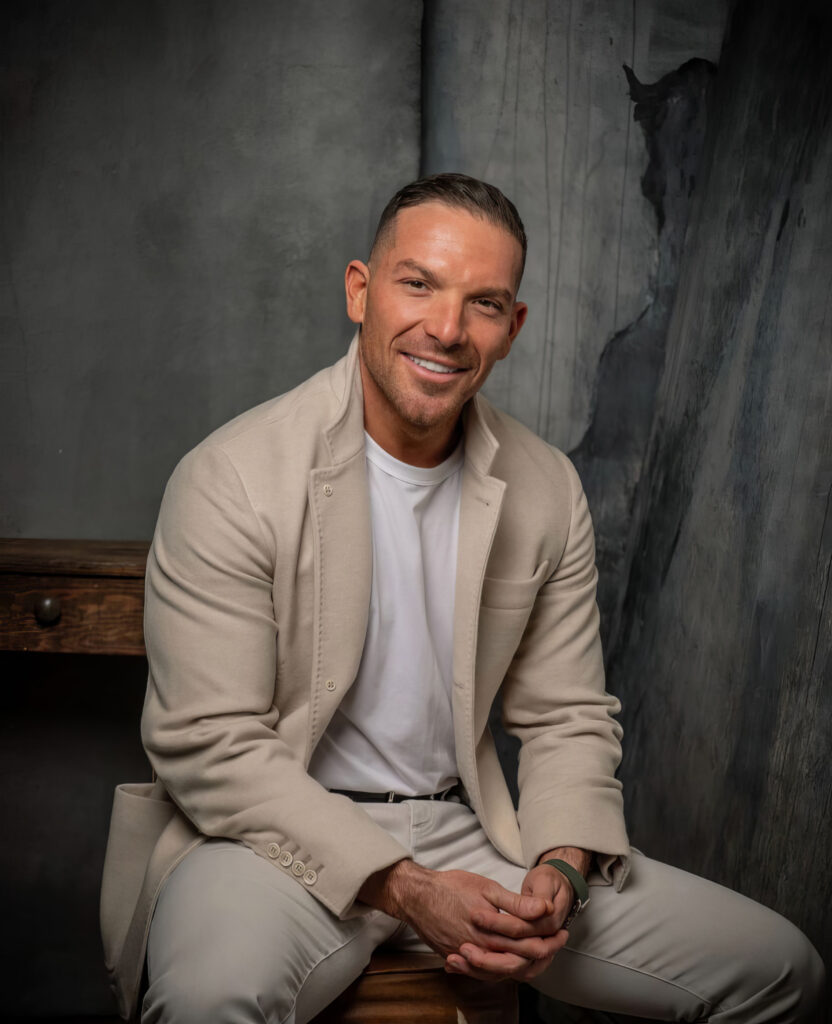
Introduction:
Investing is as much about mindset as it is about strategy. For Lawrence Krimker, a successful entrepreneur and investor, investing isn’t merely about financial gains—it’s a philosophy centered on strategic decision-making, patience, and adding value. Over the years, Krimker has cultivated a set of core principles that guide his investment approach, helping him navigate a diverse portfolio across various industries. His philosophies go beyond typical investing tactics, embodying a mindset that drives smart, intentional actions. Here, we explore Krimker’s top five investing philosophies that have shaped his journey to success.
1. Make Your Money Work for You
One of Krimker’s central philosophies is the idea that every dollar should be put to work. For him, investing is never about idle cash sitting on the sidelines, it’s all about strategically deploying capital to generate growth. He sees each dollar as part of a larger strategy, an “army” that, when put to task, works tirelessly to create more value.
Krimker’s approach to making money work involves actively seeking out investments that align with his broader financial goals. Whether he’s directly involved in a company’s growth or placing his trust in a passive investment guided by experts, the focus remains on maximizing the potential of each dollar. This philosophy drives him to be selective, choosing investments that not only offer financial returns but also align with his strategic vision. For Krimker, every investment should serve a purpose—whether it’s diversifying his portfolio, entering a new market, or supporting a business that aligns with his values.
2. If you’ve got it, invest it
Krimker believes that capital should never sit idle. In his view, leaving money uninvested is a wasted opportunity. When he has available capital, he actively looks for places to deploy it, whether in private companies, real estate, or market-based assets.
This does not mean investing recklessly. Krimker balances his eagerness to invest with thorough research and due diligence. He carefully assesses potential investments to ensure they align with his risk tolerance and long-term strategy. By continuously deploying capital in a calculated manner, Krimker ensures that his money is always working toward generating returns. In 2024, with markets experiencing fluctuations and new industries emerging, Krimker’s advice to investors is to remain vigilant and keep capital flowing into well-researched opportunities.
3. Trust Your Experts
A defining feature of Krimker’s investment philosophy is his reliance on a network of trusted advisors and industry experts. He understands that he cannot be an expert in every field, so he surrounds himself with professionals who can provide insights and guidance in areas where his direct experience may be limited. This trust in his network allows him to confidently invest in sectors such as cryptocurrency, biotechnology, and emerging technologies.
Krimker emphasizes that trusting experts doesn’t mean investing blindly. He still conducts his own research and stays informed about market trends. However, by leveraging the knowledge of his network, he ensures that his investments are backed by sound advice. His philosophy extends to both active and passive investing. Whether he’s directly involved in a company’s operations or relying on an advisor to manage a sector of his portfolio, Krimker knows the importance of expert input in driving successful outcomes.
4. Understand What You’re Investing In
Another core principle of Krimker’s investing philosophy is the importance of understanding the businesses or assets in which he invests. Before committing capital, he dedicates time to researching the market, analyzing a company or fund and assessing its growth potential. This thorough evaluation helps him identify investments that align with his broader strategic goals.
For Krimker, understanding an investment isn’t just about the numbers, it’s about grasping the market dynamics, a company’s business model, and where there’s a competitive edge. He believes that a lack of understanding can lead to poor investment decisions, resulting in unnecessary risk. His approach is to invest in areas where he can either directly add value or rely on trusted advisors to manage. By maintaining this level of insight, Krimker positions himself to make informed decisions that drive success.
5. Build Strong Relationships
Krimker’s final investing philosophy centers on the value of relationships. In many cases, he views investments as more than financial transactions, but as relationships — relationships with the companies he invests in, the advisors he relies on, and the industry networks he cultivates.
Building strong relationships is crucial, especially in active investing. When acquiring companies or becoming a minority shareholder, Krimker places significant emphasis on establishing trust with the company’s leadership. By fostering open communication and aligning goals, he ensures that both parties are working toward a shared vision. This approach not only strengthens the investment but also opens up new opportunities for collaboration, growth, and innovation.
In his view, strong relationships provide a support system that can help weather market challenges, seize emerging opportunities, and drive long-term success. Krimker believes that investing in people is just as important as investing in businesses.
Conclusion
Lawrence Krimker’s investing philosophies reflect a balanced, strategic mindset that goes beyond mere financial gain. By focusing on making money work, investing capital when available, trusting experts, understanding his investments, and building strong relationships, he has crafted an approach that drives long-term success. These principles work together to create a framework for making informed, intentional investment decisions. His approach is not about chasing trends or quick wins — it’s about strategic planning, value creation, and forging partnerships that last. For Krimker, success in investing is as much about the journey and the relationships formed along the way as it is about the financial returns.









